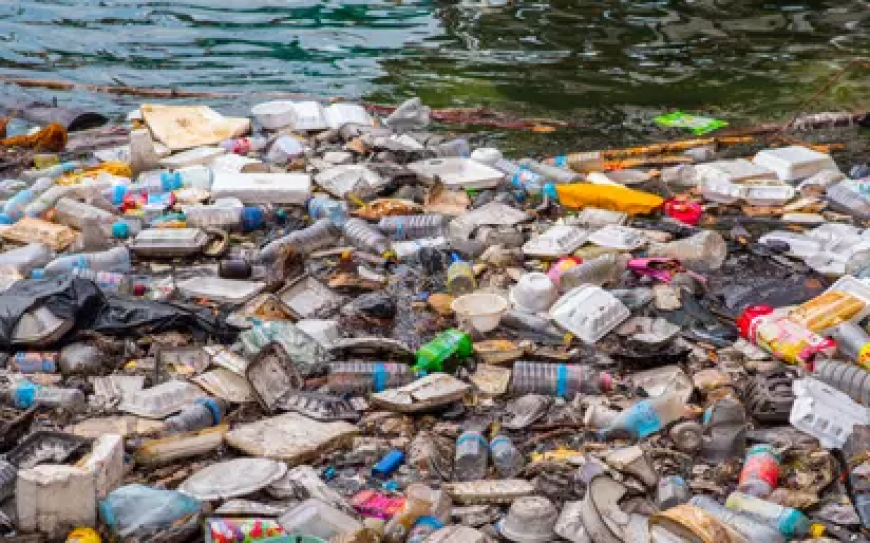Nigerian lagoons ranked world’s worst dumpsites

Maritime stakeholders have described Nigerian lagoons, including Tarkwa-Bay and Bonny, among others, as the world’s highest marine dumpsites.
This even as they complained that the nation’s coastal waters, which were once hubs of commercial ferry activities and vibrant fishing economies, are now neglected, with many inland waterways abandoned or polluted, and ferry services diminished.
These stakeholders stated this on Wednesday in Apapa, Lagos, during a one-day Executive Course on the Blue Economy for media practitioners organised by the Nigerian Navy International Maritime Institute of Nigeria.
In his paper presentation titled, ‘Introduction to the Blue Economy’, the Chairman, Board of Trustee of Maritime Security Practitioners Association of Nigeria, Rear Admiral Francis Dan Akpan (retd), explained that while other nations are advancing with maritime developments and unlocking their ocean resources, boosting marine tourism to develop their Gross Domestic Product, Nigeria continues in rhetorics of unlocking potentials with its waters characterised by pollution and waste.
“Tarkwa Bay is the recipient of the highest marine dumpsite refuse on earth, with tons of waste flowing through lagoons and drainage systems into the Atlantic, followed by Bonny. You can quote me. Bonny comes in second. If you stand by the Seine River in Paris, you will count more than 50 ferries operating actively. Meanwhile, our lagoons are virtually deserted,” Akpan remarked.
He attributed this challenge to what he described as sea blindness, underscoring the country’s environmental mismanagement and lack of structured action plans to harness these assets sustainably.
Akpan warned that the country’s continued “sea blindness” poses a major threat to its economic future.Earlier, the President of the Nigerian Maritime Law Association, Mrs Funke Agbor, a Senior Advocate of Nigeria, described the recently concluded National Policy on Blue Economy as a beautiful document, but warned that implementation may be the problem.
“Nigeria is a beautiful coastal country that is taking for granted the opportunities for maritime tourism, transportation, and other benefits derivable from the oceans. Other countries are landlocked, but we are privileged to have waters,” Agbor said.
Meanwhile, in his opening remarks, the Director General, IMION, Rear Admiral Thaddeus Udofia (retd), said that while the oceans sustain life, livelihoods, and entire economies, they are under increasing pressure from unsustainable practices and climate change.
Udofia said the executive course is designed to empower media practitioners with the knowledge and tools to engage meaningfully with critical topics such as marine conservation, sustainable fisheries, blue energy, and the socio-economic dimensions of ocean governance.
He urged journalists to explore not only the immense economic opportunities within the nation’s ocean spaces but also to consider how their voices, as media professionals, can help shape public understanding, influence policy, and drive environmental stewardship.
Speaking on behalf of maritime journalists, the President of the Maritime Reporters Association of Nigeria, Godfrey Bivbere, extended appreciation for the impactful training and capacity-building initiative extended to maritime journalists.
He said this gesture not only enhances professional understanding of the maritime sector but also fosters a stronger bond between the media and key stakeholders, particularly the Nigerian Navy.Bivbere stressed that sustained collaboration between maritime journalists and the Navy is vital in promoting transparency, national security, and the development of Nigeria’s blue economy.
https://punchng.com/nigerian-lagoons-ranked-worlds-worst-dumpsites/









